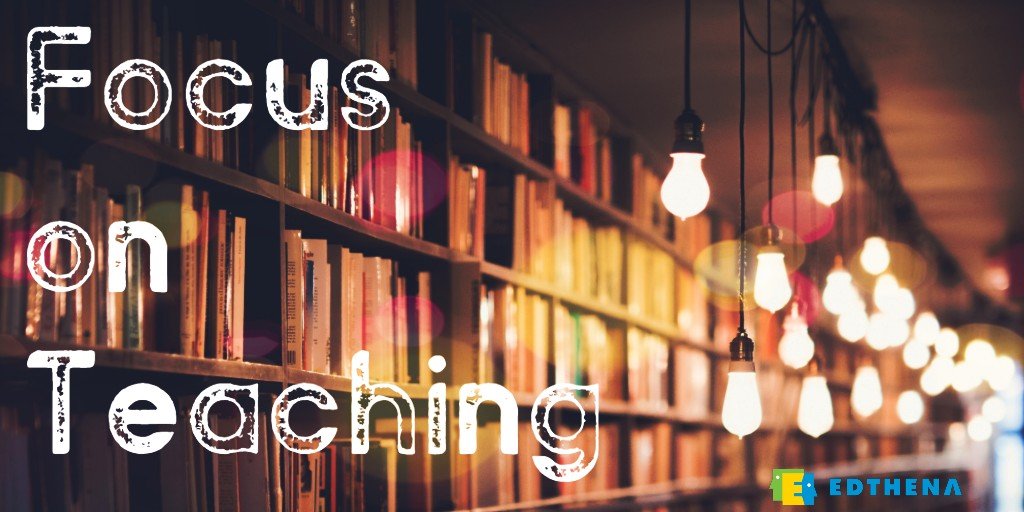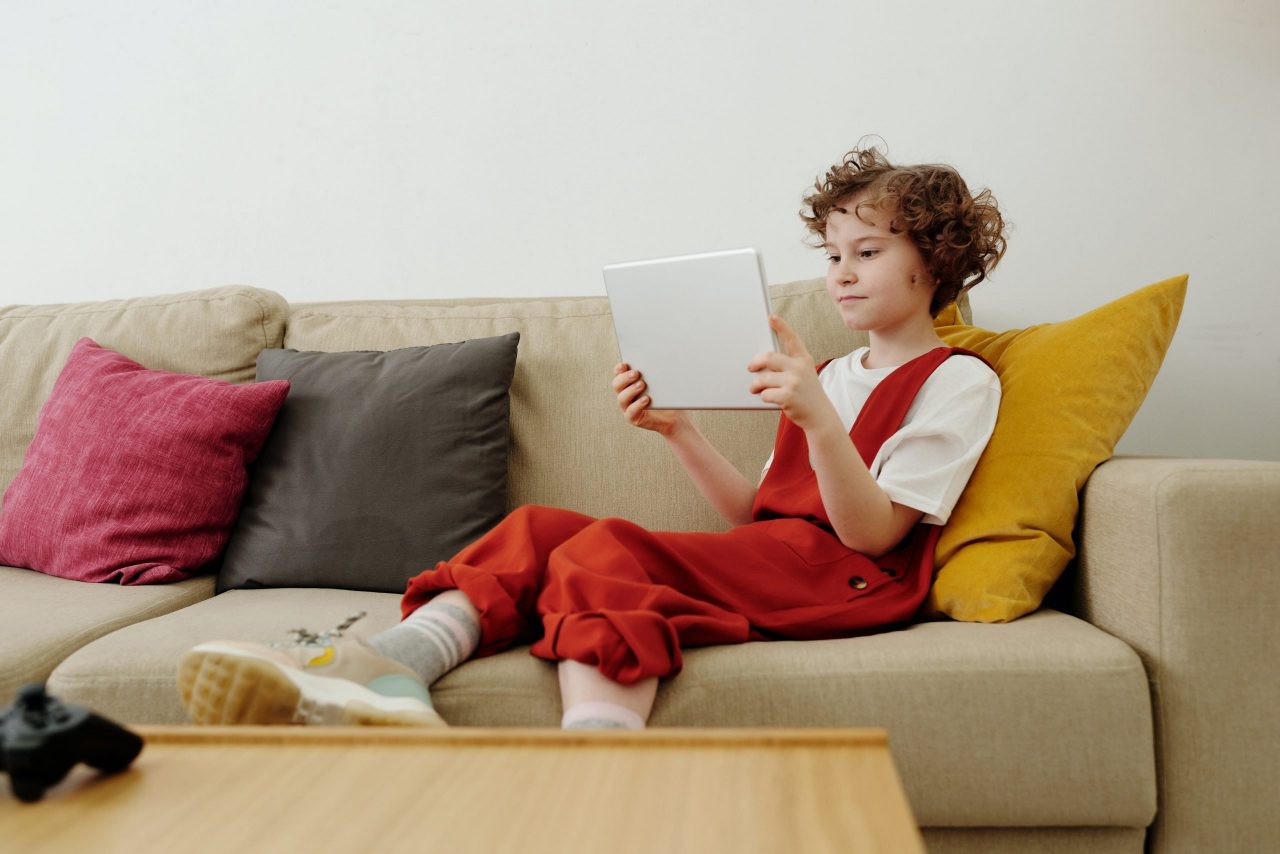How Covid-19 Impacts Student Achievement and Student Mental Health

-
School closures and social isolation have impacted all student mental health and student achievement. This is especially true for students living in poverty.
-
Students are facing a mental health crisis as a result of the loss of access to services that are mainly offered by schools.
-
As schools reopen, teachers will need to focus on ensuring students are able to get back on track academically, while also supporting their emotional well-being.
According to Edutopia’s article Covid-19’s Impact on Students’ Academic and Mental Well-Being, school closures and social isolation have impacted all students, especially those who are living in poverty. The author of the article, Youki Terada describes how a student mental health crisis is becoming more pervasive as students are unable to access the resources at schools that they had depended on.
As we prepare for the 2020 – 2021 school year, teachers will face a pressing issue: What can they be doing to help students recover and ensure students stay on track even when their lives continue to be disrupted by the pandemic? Youki details the extent of the problem and lists possible solutions.

The achievement gap has the potential to widen further during coronavirus
Youki details how the achievement gap will likely widen as a result of the pandemic. One study she uses as evidence of this fact is a study from The Annenberg Institute at Brown University. This study suggests that the pandemic has the potential to unravel months of academic achievement for some students. Ultimately, this will put some students in a position where they simply are unable to catch up with their peers.
Some projections from the study illustrate the impact COVID-19 has had on students as they enter the new year. For example, the study shows that students will begin Fall 2020 averaging approximately 63-68% of the reading learning gains and 37-50% of the math learning gains relative to the gains of a school year of normal circumstances
Youki also considers the possibility that the achievement gap, specifically in reading, has the potential to widen. This is a result of some students continuing to read with their families during school closure while others stopped reading entirely.
“We might be facing unprecedented levels of variability come fall,” the lead researcher of the study, Megan Kuhfeld shared with author Youki. Consequently, Kuhfeld believes that in preparation for fall 2020, educators will need to consider ways to support students who are behind and differentiate instruction even further.
What has happened with students’ mental health as a result of the pandemic?
Youki prescribes to the notion that the pandemic has exposed the inequities that have resulted from distance learning. According to a 2015 Pew Research Center analysis that she highlights, 17% of teenagers have challenges completing homework assignments due to reliable internet access. For Black students in particular, the number increases to 25 percent.
“There are many reasons to believe the Covid-19 impacts might be larger for children in poverty and children of color,” Kuhfeld wrote in the study. This is because these families suffer from higher rates of infection. Also, parents of color are less likely to be able to work remotely, resulting in a higher economic burden for these families.
Some of the impacts the pandemic has had on overall student mental health, Youki describes. She lists a statistic published by Jama Pediatrics, that schools provide “mental health services to 57% of adolescents who need care.”
Youki points out that research shows that mental health and academic achievement are linked. Thus, students who begin to get behind in school will naturally begin to feel stress. This stress can ultimately lead to debilitating cognitive skills like attention, concentration, and memory.
Good news, here are some ways teachers can alleviate the stress for students
When schools reopen, students will still be recovering from the effects these turbulent times have had on their mental well being. It will be critical for teachers to check in with their students both academically and emotionally. Some strategies teachers may want to focus on include: cultivating relationships and building a classroom community, strengthening diagnostic testing, and differentiating their instruction.
The pandemic has revealed inequities that are holding some students back. As a result, the achievement gap has the potential to widen further than ever before, and students’ mental health will continue to be tested. Fortunately, there are still so many great teachers out there who are ready to step up to the task at hand and not only get their students back on track but ensure that their mental health is thriving. When schools reopen this fall, teachers across the country will need to focus their energy not only on providing academic support but also on overall emotional stability.
Like what you’re reading? Check out a recent article in this series about why student independent learning is important during distance teaching!

